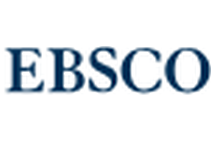Perceived Influences Over the Moral Attitudes of Israeli High School Students Towards Holocaust Moral Dilemmas
Shay Efrat, Sebastian Pintea, Adriana Baban
This paper presents results of research that identified different factors perceived to have influenced Israeli high-school students’ moral attitudes towards the different ways employed by Jews to cope with Holocaust and post-Holocaust moral dilemmas. The aim of this research was to identify whether and how social factors – nuclear family and close friends together with educational factors – prior knowledge, participating in Holocaust learning program and participation in the research, were perceived by Israeli high-school students as having an influence on their moral attitudes. The study questioned not only the nature of those perceived influential factors but also the hierarchy of their importance. 102 participants, students in Three Israeli high-schools responded to the Perceived Influence Factors Questionnaire. The results revealed that educational-learning and socio-cultural influences were perceived as having almost the same influence on the participants’ moral attitudes. In addition, significant differences were revealed in the development of the students’ moral attitudes as a function of the moderator “family relations” but only for participants who had family relatives, who were Holocaust victims or survivors. These students were more motivated to develop moral attitudes as an outcome of this relationship.
Holocaust moral dilemmas, moral attitudes, moral motivation
ADRIANA BABAN – Babes-Bolyai University, Cluj-Napoca, Romania. E-mail: shaywp@gmail.com



